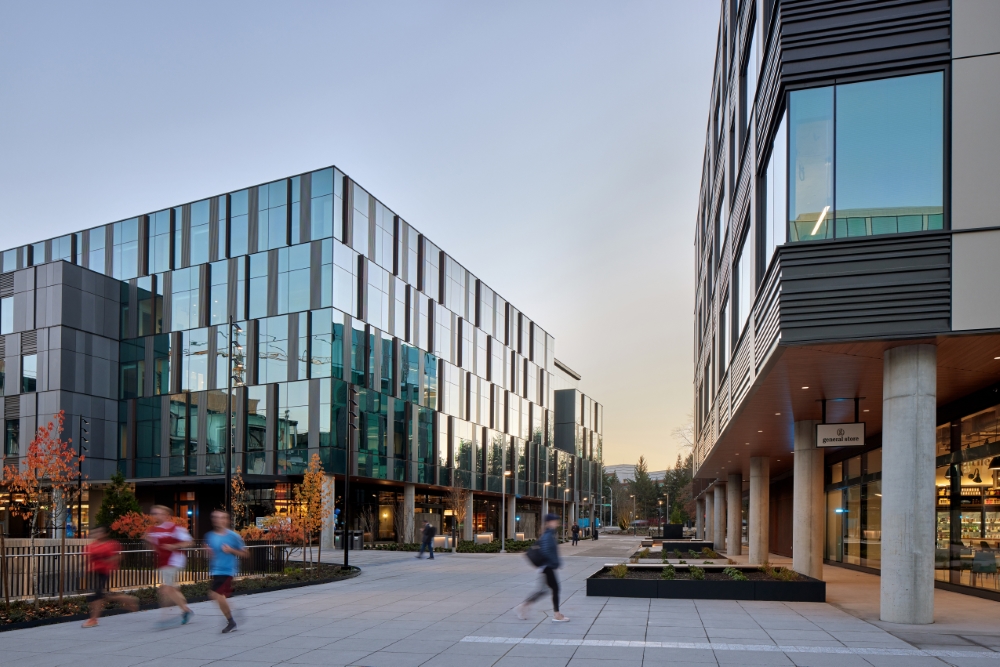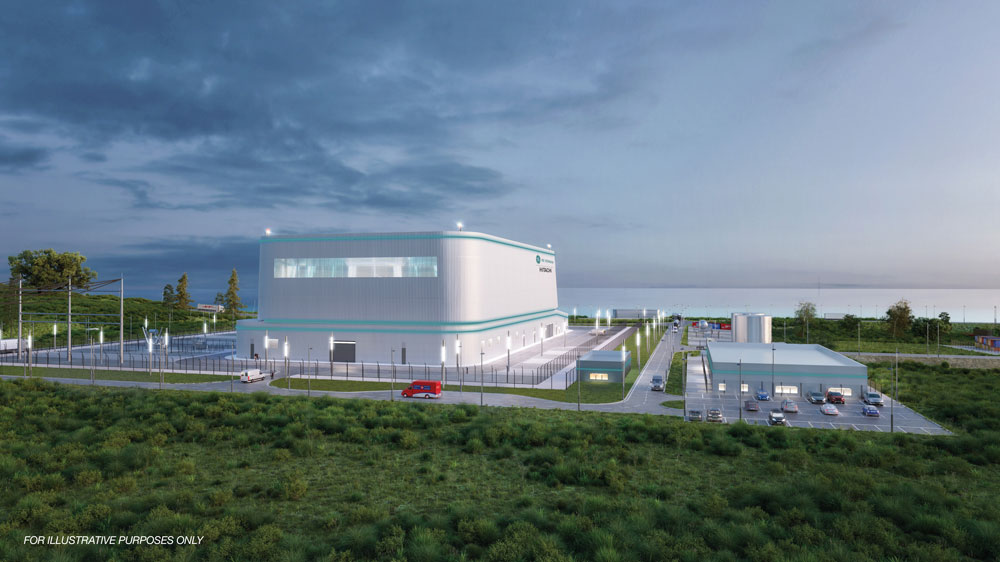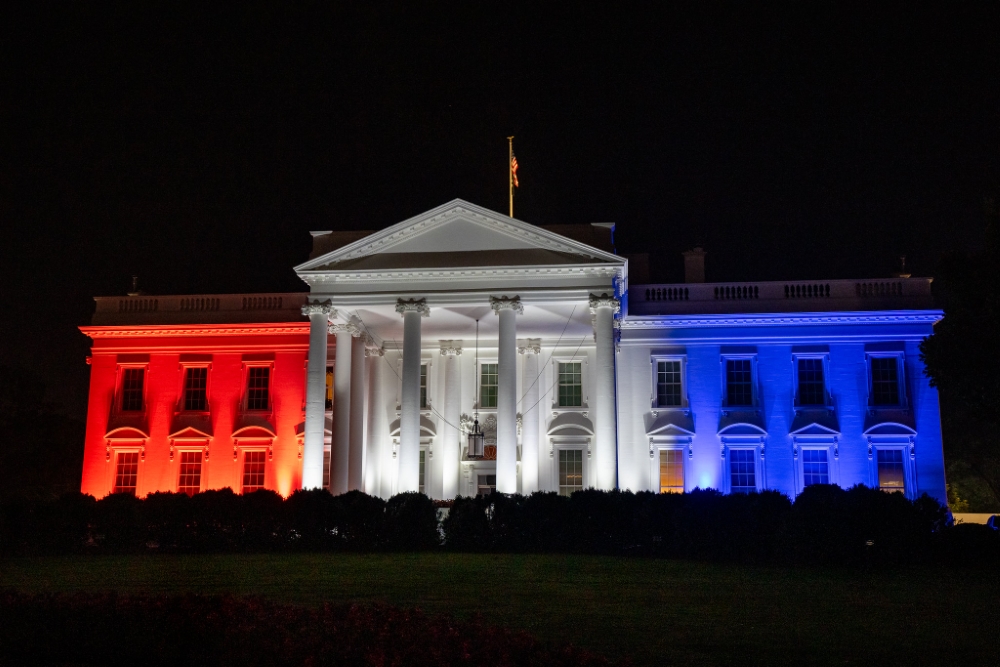|
Opinions on the passage of the “One Big Beautiful Bill Act” (OBBBA) are coming from all quarters. Opportunity Zones expert Kenan Fikri (featured in Site Selection in November 2023), said on LinkedIn that making OZs permanent is “one big win for American communities — and a call for community development leaders to refresh their priors on a policy that’s already driving positive change in places that need it most.” Here is a sampling of other thoughts from the commentariat with links to the sources where available:
“The OBBBA contains important bipartisan provisions [including immediate deduction of R&D costs] that address the needs of companies developing medicines for some of the hardest-to-treat rare diseases and fixes provisions of the tax code that will allow small, emerging companies to be more nimble and more focused on getting innovative medicines from the lab bench to a patient’s bedside,” said John F. Crowley, president and CEO of the Biotechnology Innovation Organization (BIO).
Analysis by the Tax Foundation notes more than a dozen major tax changes, including 100% bonus depreciation and R&D expensing (permanent); modifications and phase-outs to Inflation Reduction Act green energy tax credits; 100% expensing of qualifying structures; international tax changes; and increases to the college and university endowment tax (permanent). “Our experts say that while the new tax law is expected to grow the economy by making pro-growth policies like 100% bonus depreciation and R&D expensing permanent, it misses an opportunity to address the deficit while focusing too heavily on political carveouts like the ‘no tax on’ exemptions that further complicate the tax code,” the Tax Foundation stated. “We estimate the tax law will increase long-run GDP by 1.2% and increase the deficit by $3 trillion over the next decade when factoring in spending cuts and economic growth.”
Marcus & Millichap writes that the overall package “is expected to support long-term commercial real estate investment and development,” noting that “one of the most consequential provisions for commercial real estate is the per¬manent reinstatement of 100% bonus depreciation, allowing investors to deduct the full cost of qualifying assets in the first year. The Section 179 limit was also raised to $2.5 million, with a phaseout beginning at $4 million, expanding deductions for qualified improve¬ment property (QIP). These incentives should enhance first-year returns on commercial real estate assets, potentially creating positive leverage on deals that previously failed to pencil.”
“At the start of his term, President Trump made a promise to put American manufacturers first — and together, with decisive action from Congressional leadership, this marks a critical step in delivering on that promise,” said Matt Seaholm, president and CEO of PLASTICS, the Plastics Industry Association, calling the new law a major win for the plastics industry. “The package includes many pro-growth provisions we’ve advocated for — measures that promote long-term investment, encourage innovation, and provide the economic stability our industry needs to thrive.
Pitchbook News has broken down what the BBB means for venture capital.
|











